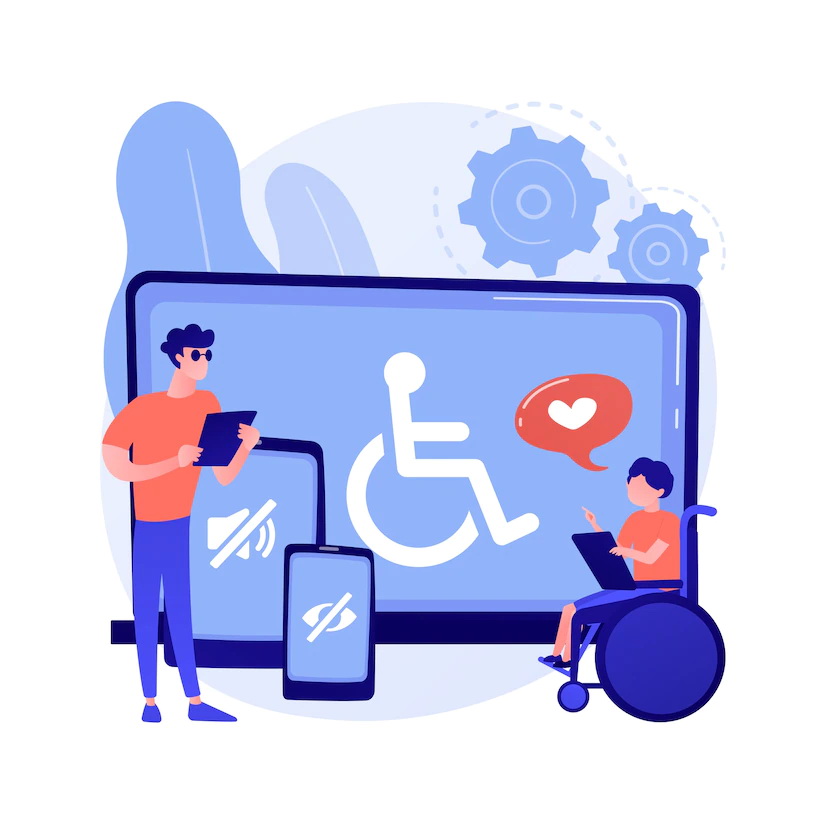
Our aim is to increase the social inclusion of youngsters with disabilities through peerlead on-line workshops that use digital tools as base for experiential learning.
For this, we plan to develop an improved programme for combating discrimination of young people with disabilities that addresses the above needs, weaknesses and threats.
The most feasible solution we identified was to make an online learning platform that would allow organizations to deliver such workshops using digital tools. Still, the experiential learning process we typically use cannot be simply adapted to on-line and needs a significantly different approach. Hence, by including the unique expertise of partners we drafted the plan for a solution that uses dedicated methods for the on-line experiential learning process, which will be blended with our typical peer to peer approach.
Consequently, by the end of the project, our objectives are to:
O1. Develop a dedicated on-line resource & learning platform that EU organizations can use to make their activities more accessible and combat ableism among young people
O2. Create the capacity to include young people with disabilities in their socio educational activities for at least 24 youth and youth serving organizations
O3. Increase the participation in youth work activities for youngsters with disabilities by at least 50 pers.
O4. Combat manifestations of ableism among local young people in at least 360 persons

Expected Project Results
The project aims to bring positive effects to:
- young people (typically the ones aged 14 – 30, with a stronger impact on the ones facing disability), by improving their well-being and inclusion as a result of reducing manifestations related to ableism in at least 70% of them
- youth and youth-serving organisations, by helping them increase their impact in their communities, as a result of putting at their disposal a modern and effective peer education programme on combating discrimination based on disability.
- young people who wish to be active in their societies, by supporting their active involvement and equipping them with the competencies and tools they need for promoting a positive change in their communities (by participating as peer trainers in the project).
During the lifetime of the project, through local workshops that use the program methods, we aim to achieve these positive outcomes for at least 360 young people from RO, GR, BG and SI (70% of total), at least 24 youth and youth serving organizations involved, and 24 peer trainers volunteering for the partners. As a direct result of the activities of the project, we aim to foster the inclusion of at least 50 young people with disabilities in specific socio-educational activities organized by 24 youth workers we will train, part of the programme piloting phase.
In terms of outputs, we aim at developing a non-formal, peer-to-peer training program that uses digital tools as a base for experiential learning for:
- combating ableism among young people,
- supporting inclusion of young persons with disabilities in socio-educational activities of youth NGOs.
